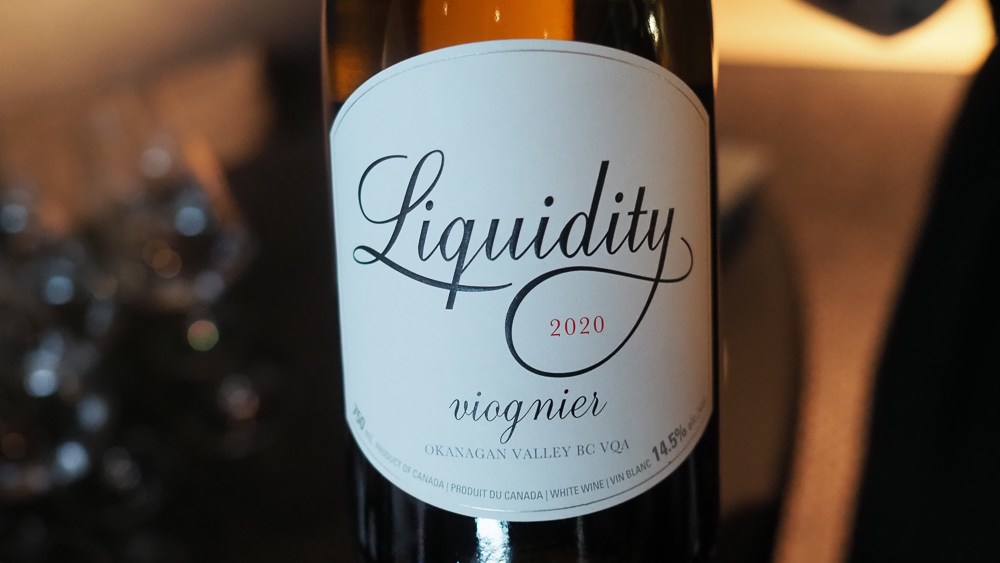Muslims all around the world, including Canada, celebrated Eid al-Fitr, marking the end to 30-days of fasting last Thursday. It’s an important religious festival for Muslims. In some areas, Eid prayers were held early in the morning while others held it mid-morning making it convenient for people to attend.
People dress up in their finest clothes to visit friends and relatives to exchange greetings. Special foods are prepared, usually chicken or beef birani, and the whole family gathers to share the feast. Gifts and greeting cards are exchanged between them and children are given presents. In some cases, political and civic leaders attend Eid prayers and send greetings to their constituents.
According to the Islamic belief, Eid al-Fitr is a joyous occasion aimed at praising Allah and give thanks to him. It is an occasion of peace, tranquility, generosity, happiness and festivity. In many countries, it is a public holiday while in others Muslims are given time off from work to attend prayers. Muslims greet each other with an embrace and uttering of “Eid Mubarak” (Blessed Eid.)
On a more philosophical level, Ramadan is a time of greater commitment to piety and purification. Muslims are required to perform good deeds such as give generously to charities and offer themselves for voluntary service. They are also required at a great personal sacrifice to forgo material comfort.
Muslims fast during the month of Ramadan because fasting is one of the pillars of Islam. They fast from dawn to dusk. For 11 months, Muslims feed themselves with food, drink and intimacy, often forgetting their souls. Ramadan offers them the opportunity to replenish their souls.
Ramadan and Eid have become commercialized for some businesses who advertise and offer specials, especially big departmental stores and grocery outlets. By just displaying posters with “Happy Eid” or “Eid Mubarak,” they believe that many Muslims would fill up their grocery carts with food and pig themselves during Iftar, the breaking of fast in the evening. These people are obviously sending the wrong message to everyone – iftar is not about overfeeding oneself; it’s about discipline in how one leads his/her life.
“The true meaning of Ramadan is to feel sympathetic towards others who do not have the blessings that we do, and in this holy month it is our duty as Muslims to try and give to others. Food is always distributed in the month of Ramadan between family members but more importantly to those who are less fortunate, and it gives us a sense of fulfillment to be able to provide help to those in need. Throughout the month, money and clothes are also given out to the needy, almost on a daily basis, as there is nothing like making someone happy in the holy month,” says Ayesha Al Khoori, a young Muslim.
While we celebrated Eid, my thoughts went to Muslims in Egypt, Syria, Afghanistan, Pakistan, Yemen and other countries where they have been suffering either due to unstable political activities, dictatorship or terrorism. Syria’s Assad was seen on TV attending Eid prayers and smiling broadly but he didn’t have the integrity of character to cease atrocities in his country to stop butchering his people.
In Pakistan, it was a bloody Ramadan during which 100 people were killed in a dozen suicide attacks or targeted killings. Attending Eid prayers was fraught with personal risk. Not even Eid was respected as gunmen attacked worshippers at a mosque, leaving nine dead.
These so-called believers in God didn’t even have the decency to cease attacks during the holy month. Everyone, Muslim and non-Muslims, should pray that these countries achieve political stability and end to terrorism soon. Celebrations, whether it’s Eid or any other festival, is meaningless when our fellow human beings are being killed every day. As a privileged society, it is our duty to do at least this much for them.






